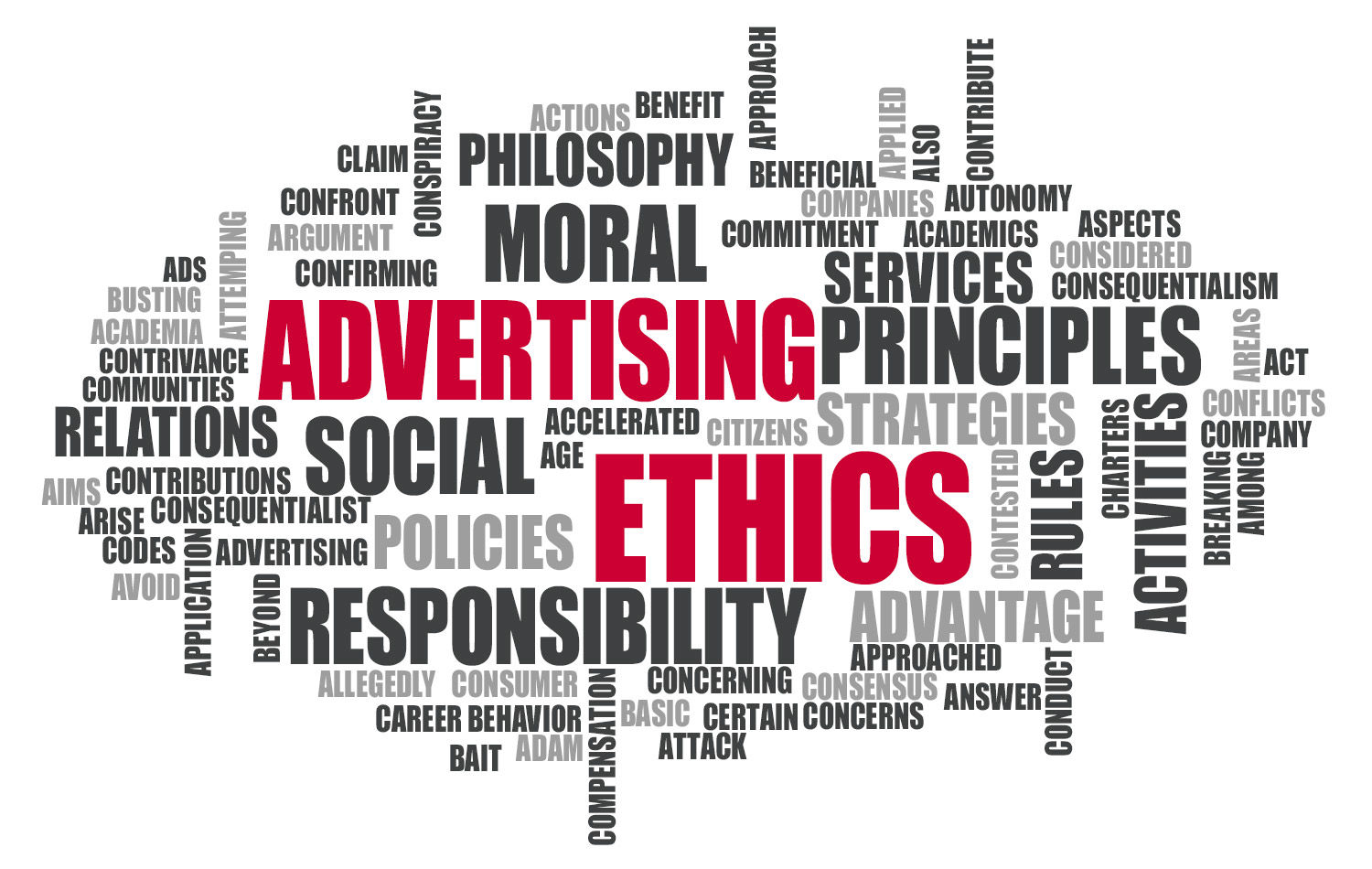Ethics in Advertising

When my son was 7 years old, he asked me to purchase the “latest and greatest” gadget he saw on TV. He excitedly proclaimed that he NEEDED to have it because it claimed it was “satisfaction guaranteed.” I took this as a teaching moment to explain how you can’t always believe what you hear and sometimes commercials don’t tell the whole truth, to which he replied, “Do you lie Mom? You make commercials, too.”
I wasn’t sure how I was going to get out of this one. The fact was—and still is—that most advertisements stretch the truth to highlight a strength without mentioning the negative. This brings up two questions:
- Is promoting the positive without regard to the negative unethical?
- Who is governing these ads to hold marketers accountable?
For the first question, the answer is yes; it may be unethical to only show the positives of a product but it is not illegal, unless the ad is overtly deceptive. The Truth In Advertising Act governs marketers from blatantly running fictitious ads. If you remember Miss Cleo, she was sued for telling people to call her for a free fortune reading, when in reality people received enormous phone bills. The Federal Trade Commission (FTC), the governing body enforcing these rules, quickly put an end to her ads. Under its Bureau of Consumer Protection wing, the agency “protects consumers from unfair or deceptive advertising and marketing practices that raise health and safety concerns, as well as those that cause economic injury [and] brings law enforcement actions in federal district court to stop fraudulent advertising practices.”
Think about products that guarantee weight loss. How many of them state “take this pill and lose X pounds in Y days?” Or Sketchers Shape-Ups sneakers, promising to tone your legs when you wear them? The reality is there are too many products, too many marketers and too many markets for the FTC to enforce these rules.
In the end, social media and review sites may be the new governing body. On these sites, it’s the consumers' praise or ridicule that exposes the truth about a product’s results and ultimate worth. While an outrageous claim on an ad may sell a product short-term, the truth will prevail and the marketer will have to find the next hook.






